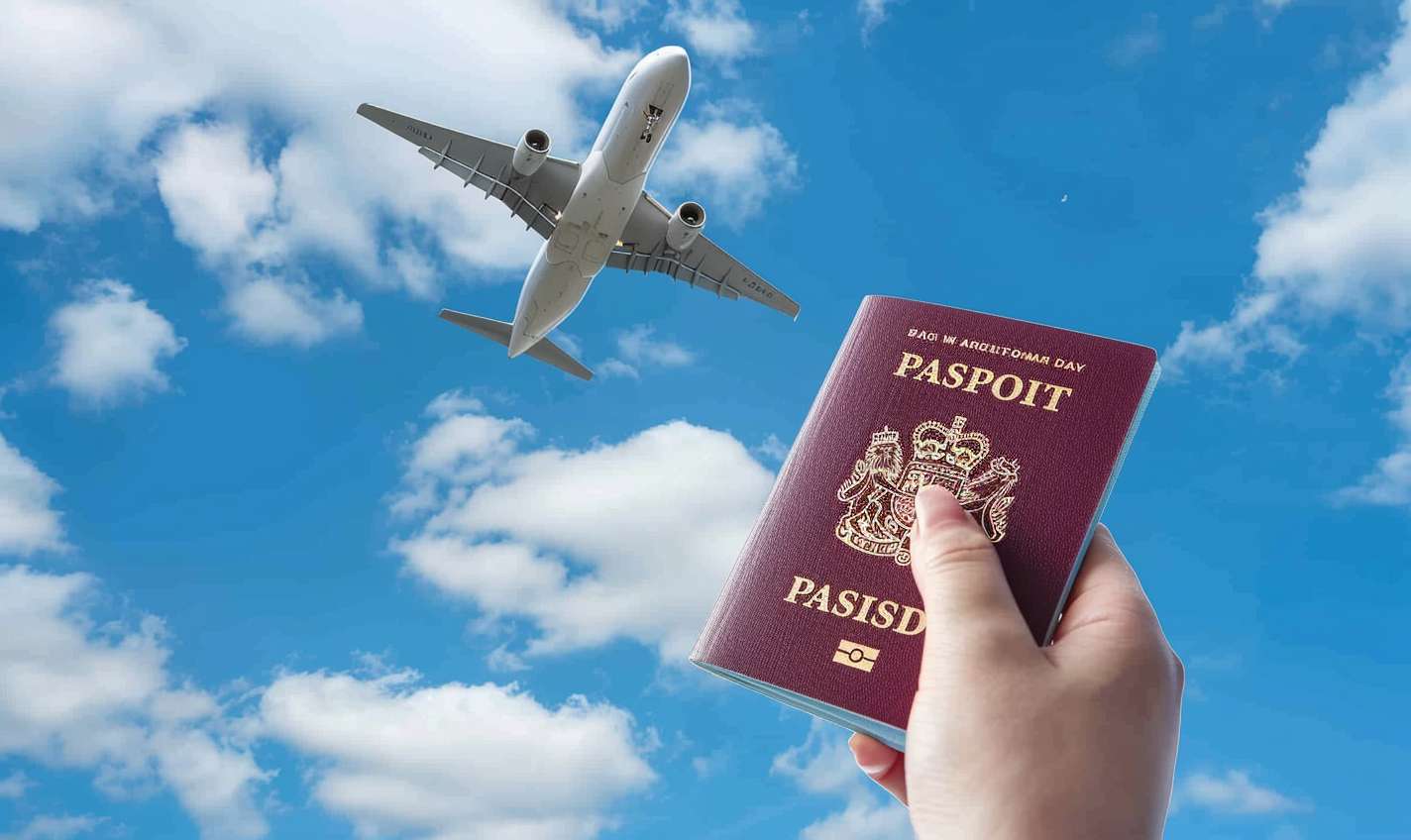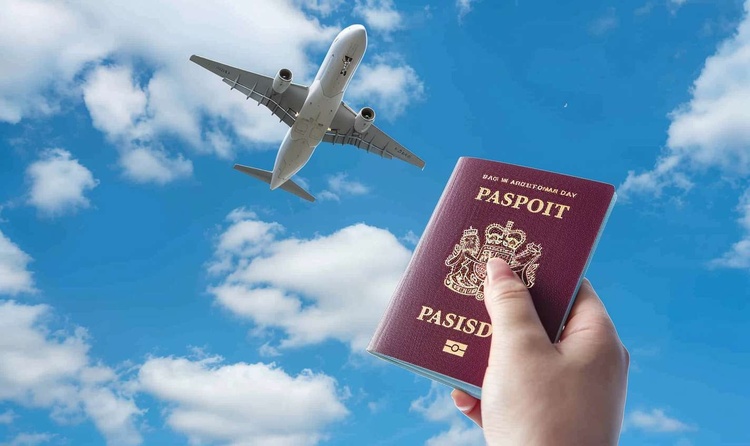Complete Guide to All-Inclusive Travel Insurance and Worldwide Medical Coverage
When planning a trip, whether it's a short holiday or a long-term international adventure, having adequate travel insurance is essential. Among the vast array of insurance options, all-inclusive travel insurance and worldwide medical insurance stand out as key considerations for ensuring a worry-free experience. Here's everything you need to know about these two crucial insurance products.

Travel Insurance Demystified: Understanding Your Policy Options
Travel insurance encompasses multiple types of coverage designed to protect different aspects of your journey. Single-trip policies cover one specific holiday, whilst annual multi-trip insurance protects multiple journeys throughout the year. Comprehensive policies bundle medical coverage, trip cancellation, baggage protection, and additional benefits into one package.
The key distinction lies between basic and premium coverage levels. Basic policies typically include essential medical coverage and trip cancellation, whilst premium options extend to adventure sports, high-value item protection, and enhanced medical limits. European travel insurance often costs less than worldwide coverage due to reciprocal healthcare agreements, but worldwide policies provide broader protection for global travellers.
Trip Cancellation Coverage: Protecting Your Holiday Investment
Trip cancellation insurance reimburses non-refundable travel costs when covered circumstances force you to cancel your holiday before departure. Standard covered reasons include sudden illness, family emergencies, jury duty, job loss, and severe weather affecting your destination. Some policies extend coverage to include work-related issues, pregnancy complications, or travel companion emergencies.
Cancel for Any Reason coverage offers the ultimate flexibility, allowing cancellation for circumstances not typically covered by standard policies. This premium add-on usually costs 40-60% more than standard coverage but reimburses 75% of non-refundable costs regardless of the cancellation reason. Trip interruption coverage complements cancellation protection by covering additional expenses when you must cut your holiday short after departure.
Baggage Protection Included: Safeguarding Your Belongings
Baggage insurance protects your personal belongings against loss, theft, damage, or delayed delivery during your travels. Standard policies typically cover clothing, toiletries, electronics, and travel documents up to specified limits per item and per claim. High-value items like jewellery, cameras, or laptops often require additional coverage or separate scheduling.
Baggage delay coverage provides reimbursement for essential items when your luggage arrives significantly late, usually after 12-24 hours depending on your policy. This benefit covers necessities like clothing, toiletries, and medications whilst you wait for delayed luggage. Some insurers offer immediate mobile app claims processing for baggage incidents, streamlining the reimbursement process during your holiday.
Delay Compensation Benefits: Managing Travel Disruptions
Travel delay coverage compensates for additional expenses incurred when flights, trains, or other transport experience significant delays beyond your control. Covered expenses typically include meals, accommodation, and alternative transportation costs. Most policies require delays of 5-12 hours before benefits activate, with some offering shorter timeframes for premium coverage.
Missed connection coverage protects against cascading delays when initial transport delays cause you to miss connecting flights or other pre-paid arrangements. This benefit often includes rebooking fees, additional accommodation costs, and ground transportation to catch up with your itinerary. Some policies extend coverage to include compensation for missed cruise departures or tour group connections.
Global Medical Safety Net: Worldwide Health Protection
Medical coverage forms the cornerstone of travel insurance, providing essential healthcare protection when travelling abroad. Emergency medical expenses typically include hospital treatment, physician fees, prescription medications, and emergency dental care up to policy limits. Medical evacuation coverage arranges and pays for transport to appropriate medical facilities when local treatment proves inadequate.
Repatriation benefits cover the cost of returning home for continued medical treatment when medically necessary. Some policies include coverage for a family member to travel to your location during medical emergencies. Pre-existing medical condition coverage requires declaration during application but ensures continuity of care for chronic conditions that may require attention during travel.
Comparing Travel Insurance Providers and Costs
Travel insurance costs vary significantly based on coverage levels, destination, trip duration, and traveller age. Understanding typical pricing helps you budget appropriately and identify good value options amongst competing providers.
| Provider | Coverage Type | Estimated Cost (7-day Europe) | Key Features |
|---|---|---|---|
| Aviva | Comprehensive | £25-45 per person | Up to £10M medical, winter sports included |
| Direct Line | Standard Plus | £20-35 per person | £5M medical, 24/7 emergency assistance |
| LV= | Premier | £30-50 per person | £15M medical, gadget cover, cruise extension |
| Churchill | Gold | £35-55 per person | £10M medical, business equipment cover |
| Post Office | Platinum | £28-48 per person | £10M medical, enhanced cancellation reasons |
Prices, rates, or cost estimates mentioned in this article are based on the latest available information but may change over time. Independent research is advised before making financial decisions.
Annual multi-trip policies often provide better value for frequent travellers, with worldwide coverage typically costing £150-400 per year depending on age and coverage levels. Family policies usually offer discounts for children, with many insurers providing free coverage for children under 18 when travelling with insured adults.
Making Informed Travel Insurance Decisions
Selecting appropriate travel insurance requires careful consideration of your specific travel patterns, health needs, and risk tolerance. Review policy documents thoroughly, paying attention to exclusions, excess amounts, and claim procedures. Consider your existing insurance coverage through home, health, or credit card policies to avoid unnecessary duplication whilst ensuring adequate protection gaps are filled.
Purchase travel insurance shortly after booking your holiday to maximise time-sensitive benefits like cancel for any reason coverage. Compare policies based on coverage limits, exclusions, and customer service ratings rather than price alone, ensuring your chosen policy provides genuine peace of mind throughout your travels.




